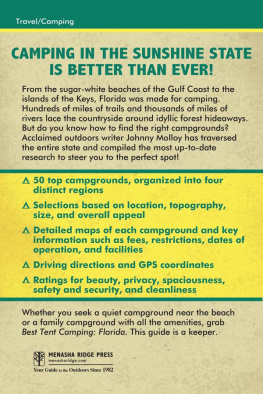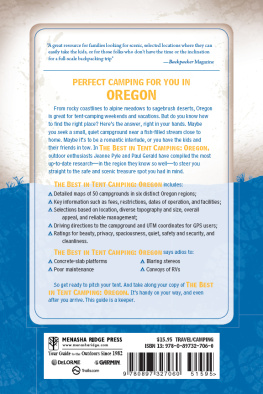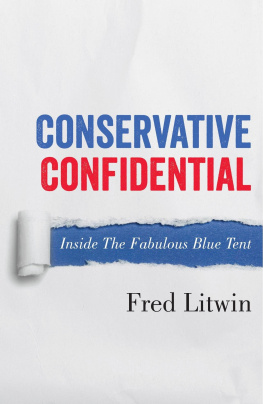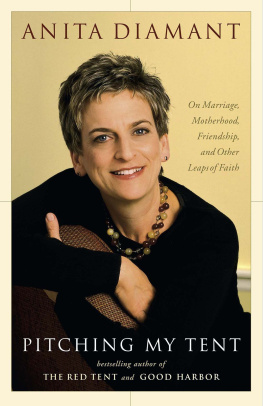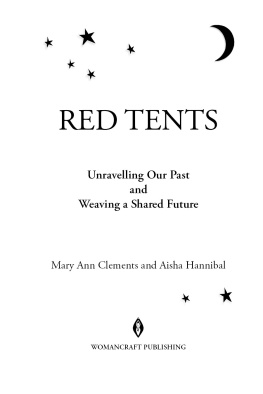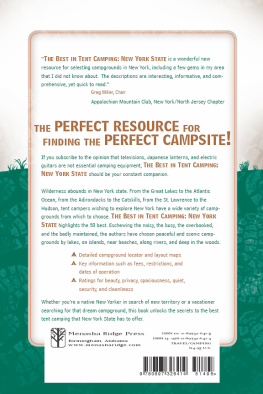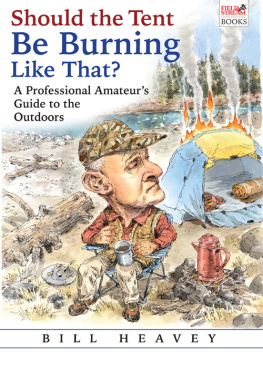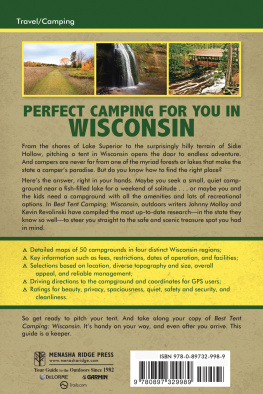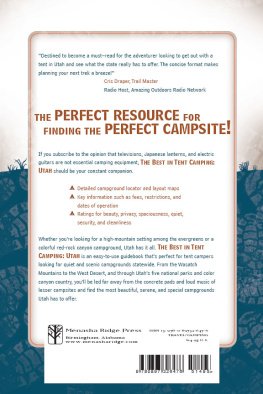The next morning OHallaran humiliates me further by not mentioning my behaviour of the day before. Somehow it would have been better if he had chided me good-naturedly for my feeble foray into the pugilistic arts, or teased me about my woeful lack of tolerance for minute quantities of cannabis and red wine, the effects of which, on a normal person, would have been negligible, and on a seasoned degenerate like OHallaran, would have been utterly inconsequential.
Instead he greets me cheerily from the kitchen door, and wonders if there is a cup of coffee to be had. If this represents a modest attempt not to be intrusive, then he fails, but I have no reason to refuse him hospitality, especially as I plan shortly to be rid of him.
Sorry about that caper last night, I say. The wine must have gone to my head, or something.
Oh, think nothing of it, says OHallaran. It was a blessing you knocked yourself out. Saved me from having to do it for you. Ha ha ha , he goes. And so he still finds it funny, the swine.
Over coffee OHallaran announces that he needs to go to the post office in town. I cunningly offer him the loan of the car, but he says he does not drive. My generosity does not extend to offering him a lift myself, for obvious reasons. Since Alice does not drive either (or does not volunteer to) he says he will walk. That is good, as it will take him at least four hours to walk to town and back. Even if he gets a lift from some passing motorist he will be away most of the morning.
With OHallaran safely off the premises, its time for me to make my move. Outside, the weather is overcast and rain threatens. Standing at the tents entrance, on the edge of the field, I feel like an explorer at the point of entering remote and inhospitable territory, although I am more self-conscious and nervous than on either of the previous occasions. The first time which Alice witnessed, unbeknownst to me I was swept away, passing out in the swirling blue sea of the tent, and the second time I was simply exhausted, and had lain down to sleep. On this occasion, although I do not exactly have a plan, I have a pressing need to bring about a turnaround in my circumstances. Ideally this would be the removal of OHallaran from the vicinity of the house. If, as I have gathered, the tent can be amenable to the desires of its occupant, perhaps it will do as I wish. I know, from OHallarans own account, that the tent has been playing up of late, that it has been making difficulties for him. I flatter myself to think that perhaps, as the tent seems so very receptive to me, it is going through a change of allegiance. At the very least, it will come up with something; of that I am certain.
I open the front flap in authoritative manner, as though I mean business. As though I were unzipping my pants. It is important to let the tent know I am not to be trifled with. There is a black duffle bag lying alongside OHallarans blanket. He has no sleeping bag, but this nice thick ethnic blanket, of Balkan or Slavic appearance, that I recognise from my previous visit. I rummage through the bag, and immediately find a yellowing photo of Megan as an attractive woman of middle age, in an ostensibly French village square (thereby coinciding with OHallarans account of first meeting her back in the 1980s) and several photographs of persons unknown, and of OHallaran himself in a younger incarnation, with much longer hair, and a clutch of small notebooks, tied together with a plastic band, through which I riffle. The handwriting is atrocious, and the notes are accompanied by a number of childish but entertaining drawings. If indeed the notebooks are his, he has an artistic side.
I replace the items in the duffle bag and attempt to focus my mind on making OHallaran go away. I visualise him alone, walking over an Arctic landscape. I imagine him picking his way across snow into the distance, becoming ever smaller, until his figure is a mere pinprick on the blurred horizon. I am then tempted to visualise a scenario in which a polar bear attacks and eats him, but retract the thought, suspecting that the tent may not take me seriously if my fantasies become too extreme. I lie back on the ethnic blanket and imagine diverse scenes in which the solitary figure of OHallaran vanishes into oblivion: I picture him disappearing, by turn, into the barren depths of a rocky desert, the yellow dunes of the Sahara, a bleak and cratered moonscape, and finally I have him alone in a small dinghy, way out at sea, the swell around him mounting, his tiny boat dwarfed by massive waves. This last visualisation has a strangely comforting effect and, rather than seeing the figure of OHallaran tossed on the crest of distant breakers, it is I myself who am in the boat, relaxed to the point of stupor, being carried to stupendous heights and dropped to abysmal depths at the mercy of the seas heave and sway, while remaining entirely without fear. I feel once again the familiar inundation in deep blue, the folding in of sky and sea, my body utterly at the mercy of a great seething marine force, upon which I am carried, gently now, into the deepening folds of the indigo night
It is Alice who wakes me. She has been looking for me all over, she says. When she could not find me in the library or anywhere else in the house, it occurred to her that I might be in the tent. I try to muster myself, but my body feels bruised and stiff. I crawl outside, and am relieved to find that it is only just past midday. OHallaran has not returned, Alice tells me, in answer to my question.
This piece of information does not console me, nor indeed do I register any emotion. I am indifferent to OHallaran, in a way that certainly was not the case before going inside the tent. Despite feeling physically knocked about (as though I really have been cast adrift in a storm-tossed dinghy), I know something is different, as though a mist has lifted. I am refreshed by my sleep, but also intellectually re-charged: detached and autonomous, much as I had been before OHallarans appearance, but more so: I feel more assertive, more confident and, yes, more manly .
Why were you trying to find me? I ask, once I have zipped up the front flap.
Oh, she says I dont know. It just felt a bit strange with no one about. By the way, she says, what were you doing in the tent?
Sleeping, I say, evasively. One thing I have learned is that I invariably manage to fall asleep in the tent, so I went there for a kip.
Well, she says, I am pleased. I have a feeling youre going to need your strength, she adds, mysteriously, and she links her arm through mine as we walk back to the house.
Around midday I make coffee, and drink it in the kitchen, while staring out of the window, before my impatience gets the better of me and I return outside. I climb over the low fence at the bottom of the garden. The sun is high above the upper reaches of the woods and a fresh breeze blows down the valley.
The tent still betrays no sign of human activity. I am emboldened by the strong coffee, proprietorial even. I call out a sort of greeting at the tent. Hullo, I say: anybody there? Then on a whim, I repeat the question in Welsh, my ancestral language, just in case. Since I rarely speak out loud in the confines of the house, my voice sounds utterly strange. There is no response, of course, but again, when I focus my gaze on the tent, close to, I am struck by the dazzle and intensity of its colour its deep, electric, oceanic blue and I feel something like a pain in the space behind my eyes. I squat by the opening and put my hand on the zipper, but this time I do not hesitate, I pull it sharply upward.
Inside is the usual camping paraphernalia: a sleeping bag spread diagonally across the groundsheet, a rucksack propped at the far end, some scattered hiking garments, strong boots, an empty plastic water-bottle, a torch. I dont want to look in the rucksack, I have seen enough. I am squatting uncomfortably on my haunches there was no other way to enter the tent apart from crawling on all fours when the entrance-flap drops behind me, and I succumb to what can only be described as a fainting-fit. Perhaps it is my prolonged sleeplessness, I dont know, I dont feel on edge or nervous, but one moment I am crouching, neither fully inside nor out, and the next I fall forward, into the middle of the tent, and at once I am drowning, submerged in a diaphanous blue, in complete and utter saturation of the colour blue. How, the question presents itself vaguely to my ebbing consciousness, can a colour so disorientate, cause me to fall into a swoon, as a Victorian writer might have described a ladys collapse at the dinner table? The archaic word seems apt: swoon fits perfectly the sensation of falling from a height, and then floating away, drifting inside this blue, blue space, this zone , buffeted by the blue waves of unbearable nostalgia for something that I have never known, as in a dream , with a quiet yet palpable drumming in my ears as the ocean sways beneath me, and I the sole object on its now churning surface, captive and hostage of the colour blue, pinned to the groundsheet with the tent walls flapping gently around me in the swelling breeze, drugged to this world of infinite azure.



